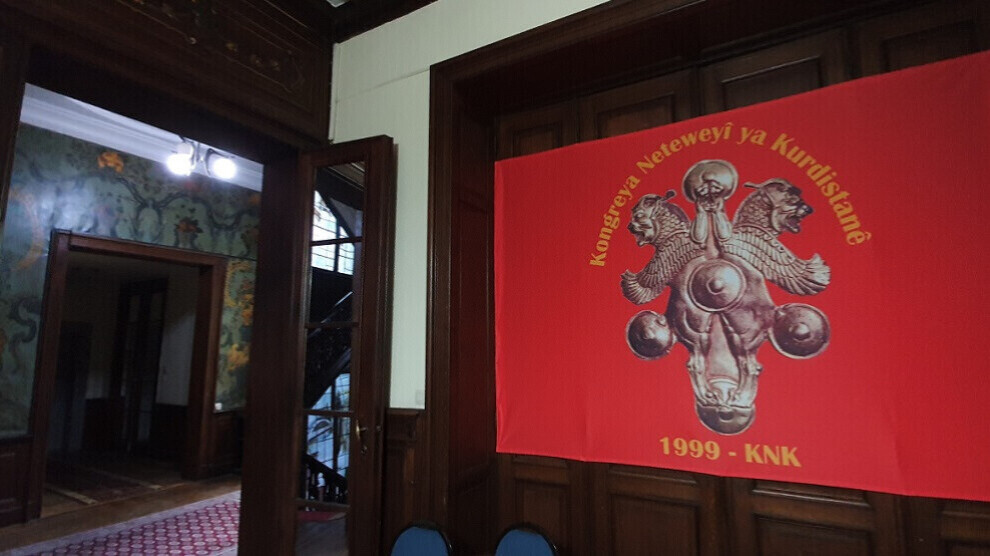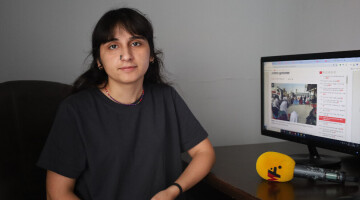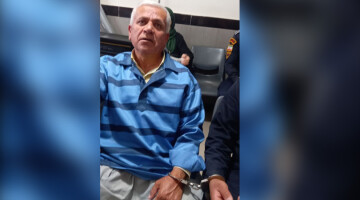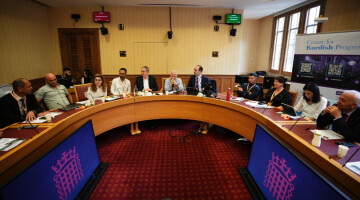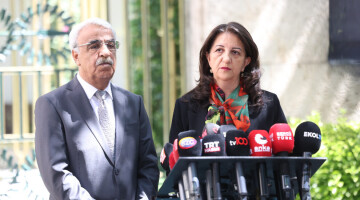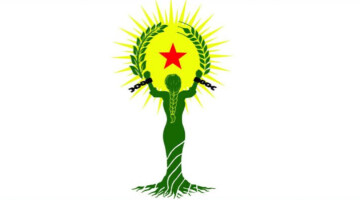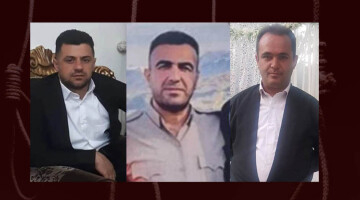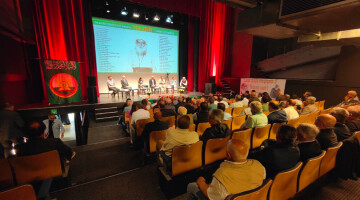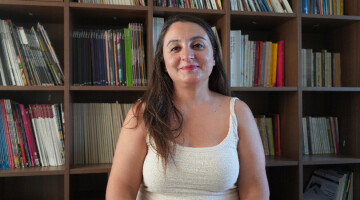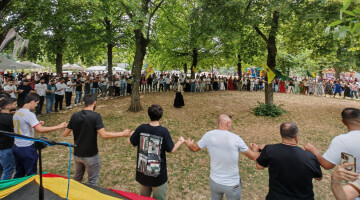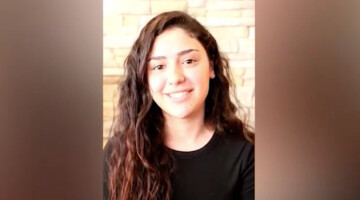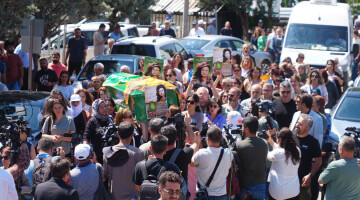The Kurdistan National Congress (KNK) said in a statement to mark 21 February, World Mother Language Day, that "all nations in the world celebrate this day in their own way. Today has a greater, deeper and more important meaning for us Kurds and the nations of Kurdistan."
The KNK said: "The Kurdish language has been in danger of extinction for a long time. This is especially felt in the north and east of the country. Not using the mother tongue in daily conversations is one of the most important reasons for this. More importantly, the mother tongue is not the language of education and training. Language has been a site of resistance for Kurds throughout history and this needs to be strengthened."
The statement added: "Language is the pillar of existence for every nation. Not paying attention to the problems of the language leads to its destruction. There is a parliament, government and official institutions in South Kurdistan. The Kurdish language is recognized in the constitution of the federal Iraqi state. However, the absence of language-related policies and scientific plans puts the Kurdish language in a weak position. The South Kurdistan government should solve these problems quickly and create channels and platforms for language."
The KNK said that in "Rojava, despite the situation of war, there is a strong will in this extraordinary situation. The autonomous administration provides education in Kurdish and Syriac in educational institutions. Kurdish is not used as the language of education in the other two parts of the country. Here, the fascist systems of the occupying states endanger the Kurdish language and the languages of the Kurdistan components."
The KNK continued: "The fact that Kurdish has many dialects shows its power and richness. Multilingualism in Kurdistan society is an indicator of polychrome. For this reason, the Kurdish language with all its dialects should be preserved and developed by being recognized as the official language of education. Many Kurds live abroad. It is of great importance to keep the Kurdish language alive in the countries where Kurds live and to save the language from extinction."
The KNK said that "apart from the celebrations, the attention of today's international community and expert organizations on language and culture should be made an occasion to draw the attention of the occupying states to the Kurdish language and the languages of other Kurdistan components."
The KNK called on "all language, culture, education, media and press institutions to stop all attacks, oppression and repression of the Kurdish language and not to remain silent against the plans of the invaders."

